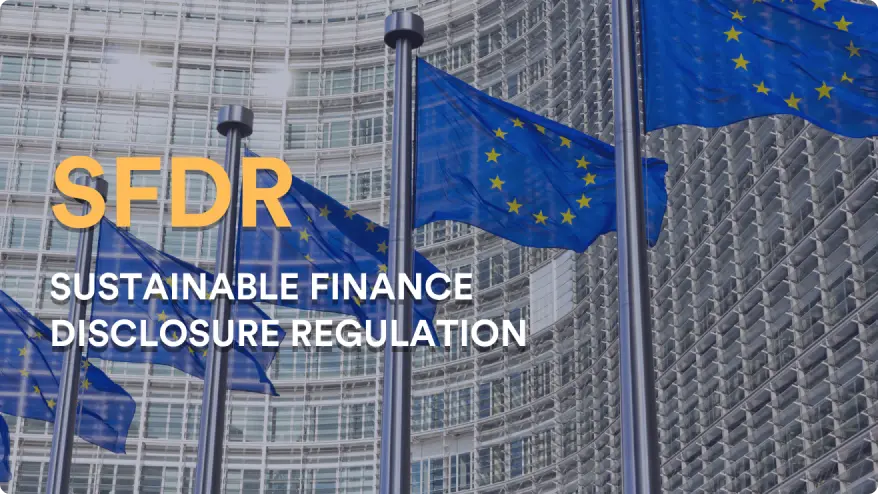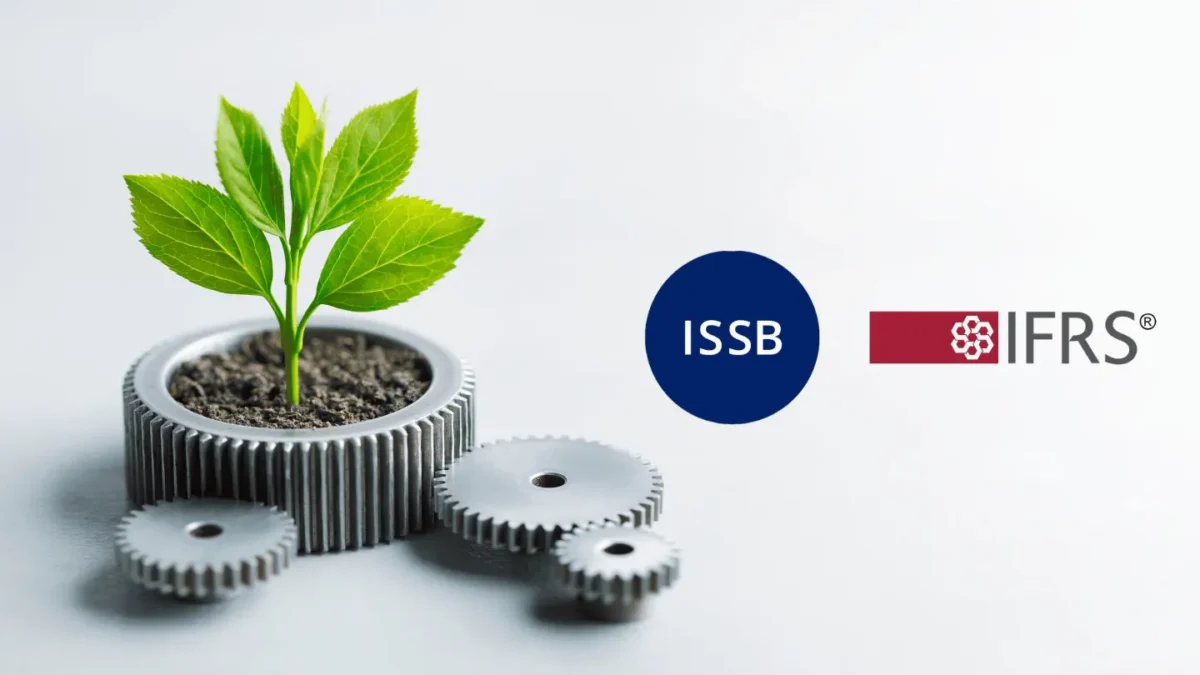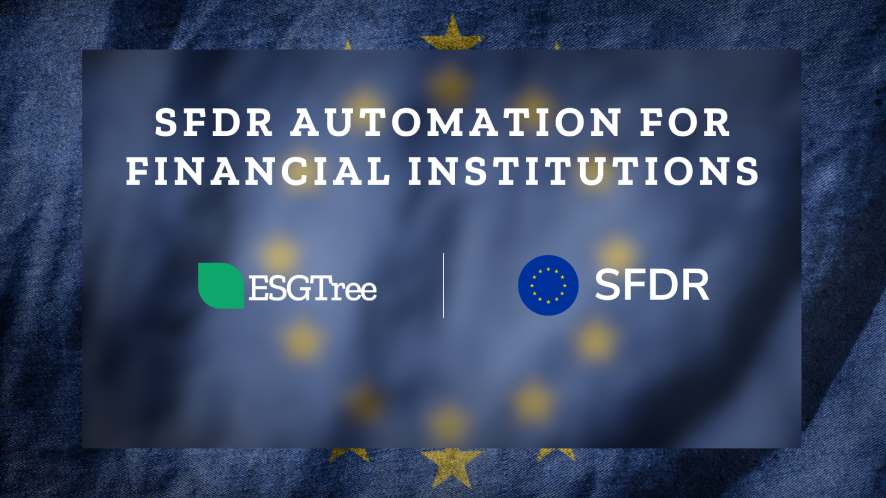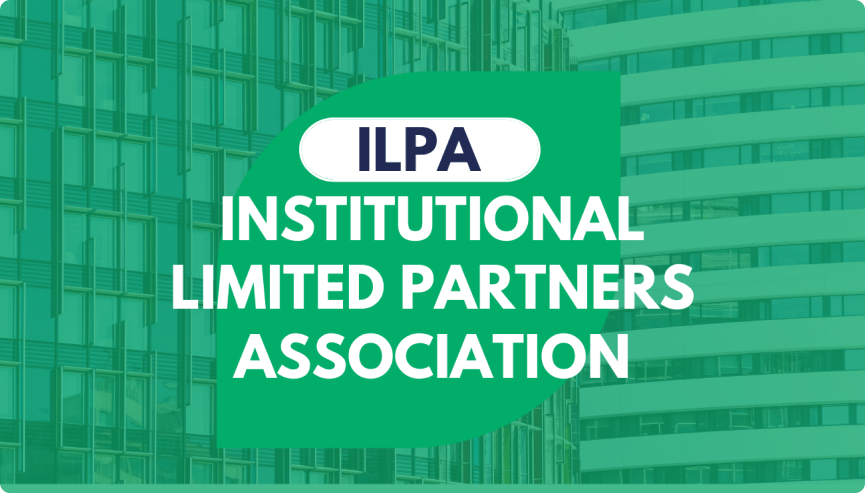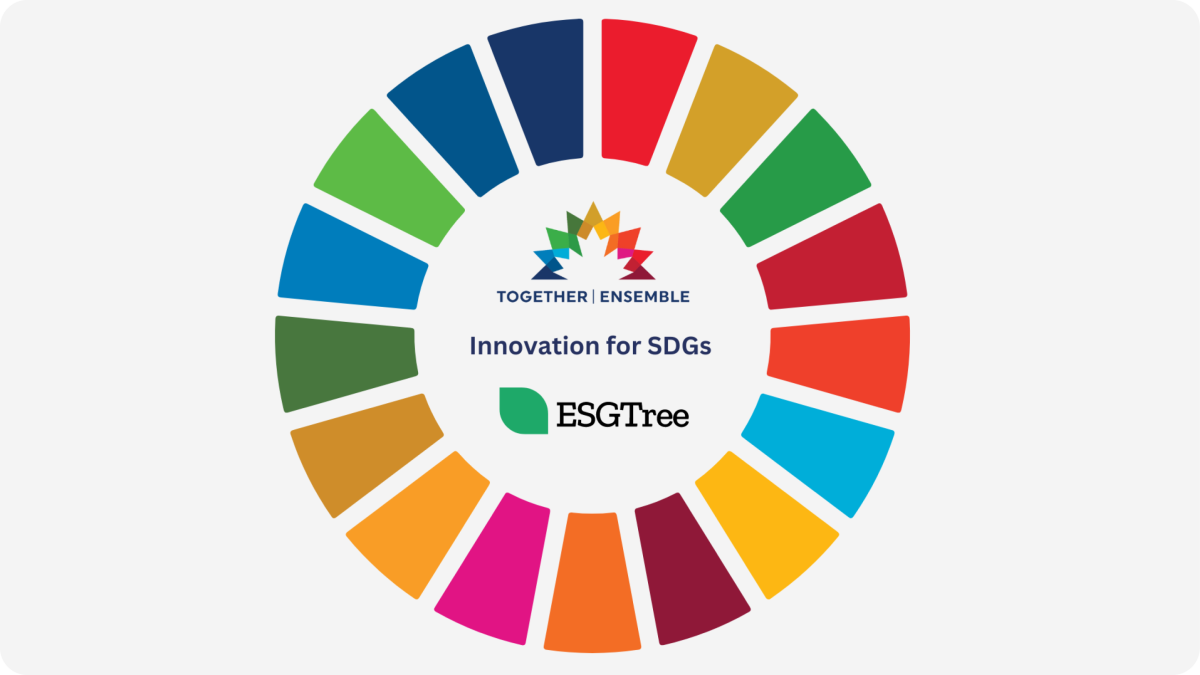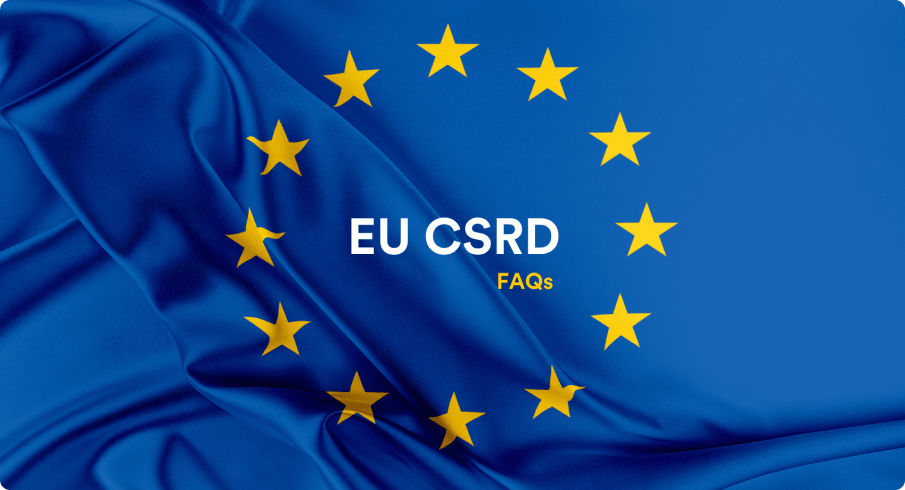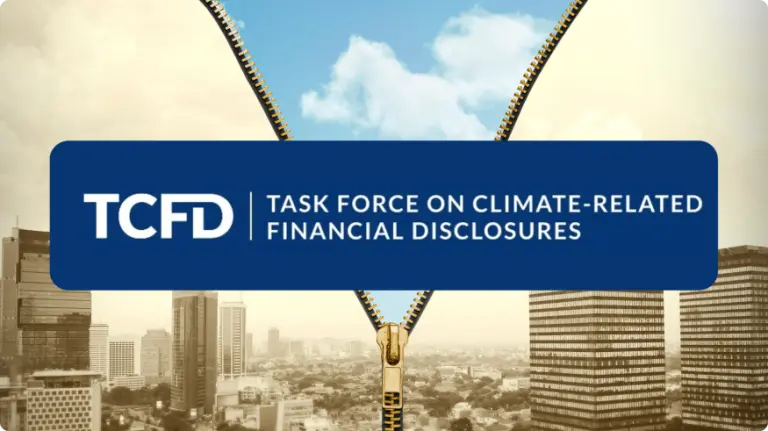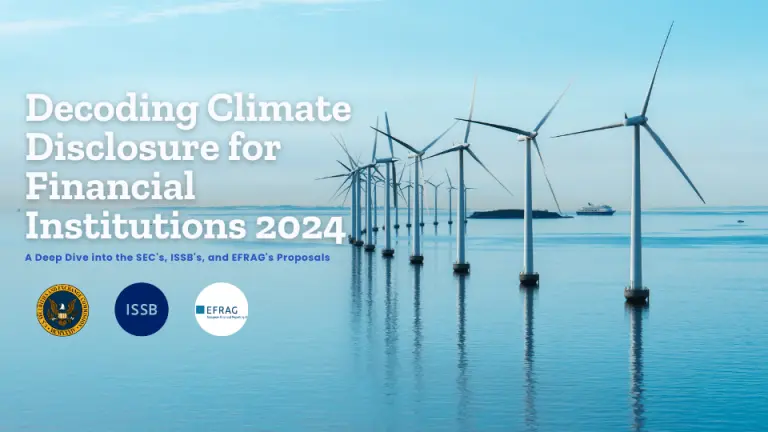When the European Union’s Sustainable Finance Disclosure Regulation (SFDR) came into force in March 2021, it signalled to the world that the EU was ready to take a global lead on ESG reporting and sustainable finance.The move impacted all financial market participants and financial advisors based within the EU. Along with the European Green Deal (which aims to see the bloc carbon neutral by 2050), and the EU’s “green taxonomy” (an industry-based classification system of what can and cannot be marketed as a sustainable product), a potent mix of regulatory mechanisms is set to usher Europe towards an economy in line with the Paris Agreement and the United Nations Sustainable Development Goals (SDGs).
